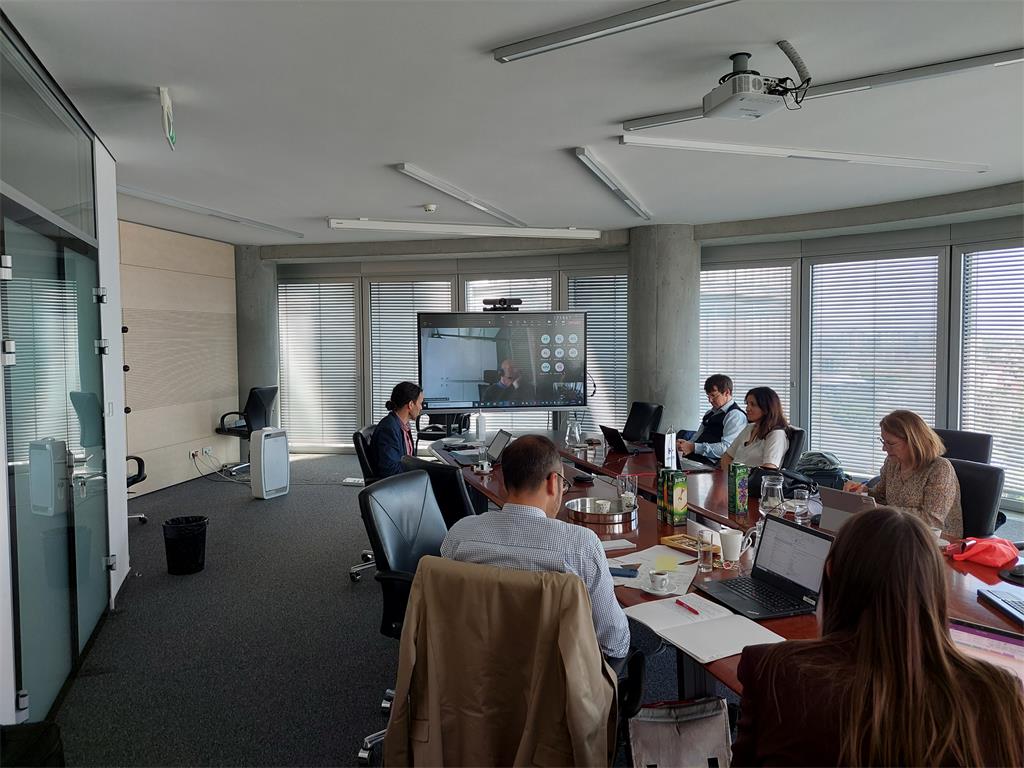Održan sastanak IRG Rail radne grupe za pristup
 Na sastanku IGR Rail radne grupe za pristup (IRG Rail Access Working Group) raspravljene su aktualnosti, buduće teme i plan rada za sljedeću godinu.
Na sastanku IGR Rail radne grupe za pristup (IRG Rail Access Working Group) raspravljene su aktualnosti, buduće teme i plan rada za sljedeću godinu.Zagreb, 4. svibnja 2022. - Članovi IRG Rail-ove radne grupe za pristup (IRG Rail Access Working Group) sastali su se u prostorijama HAKOM-a u Zagrebu u sklopu redovitog sastanka ove radne grupe. Na sastanku su se raspravljale aktualnosti u području regulacije tržišta željezničkih usluga. Na dnevnom redu bile su prezentacije članova o aktualnim regulatornim slučajevima, rasprave o budućim terminima sastanaka te prijedlozi plana rada za 2023. godinu.
Sastanak je organiziran kao hibridni te je dio članova sudjelovao online. Više o radu radne skupine IRG Rail Access Working Group može se naći na poveznici.
For additional information please contact:
Croatian Regulatory Authority for Network Industries (HAKOM)
- Roberta Frangeša-Mihanovića 9 Street
- 10110 Zagreb, Croatia
- Tel. + 385 (0) 1 700 70 07
- Fax + 385 (0)1 700 70 70
Media inquiries can be submitted online using HAKOM’s official website: www.hakom.hr
About Hakom
HAKOM - Croatian Regulatory Authority for Network Industries – ensures preconditions for a fair market competition, stable growth and environment for innovations in the electronic communications and postal services market. HAKOM protects users’ interests and the possibility of choice among various communications and postal services at affordable prices, defines sustainable competitive conditions for operators and service providers under fair conditions for return on investment, and provides support to economic growth, public services and the quality of life in the Republic of Croatia by using modern technologies. HAKOM’ strategic goals are: to promote regulation of the electronic communications and postal services market, to support growth of investments and innovations in the electronic communications and postal services market, to provide efficient use of limited resources, to accelerate the growth of broadband products and services, to provide affordable offers of communications and postal services, to provide protection and informing of users, to build an efficient and comprehensive information system, to define and implement efficient processes, and to acquire multi-disciplinary expertise in market regulation.